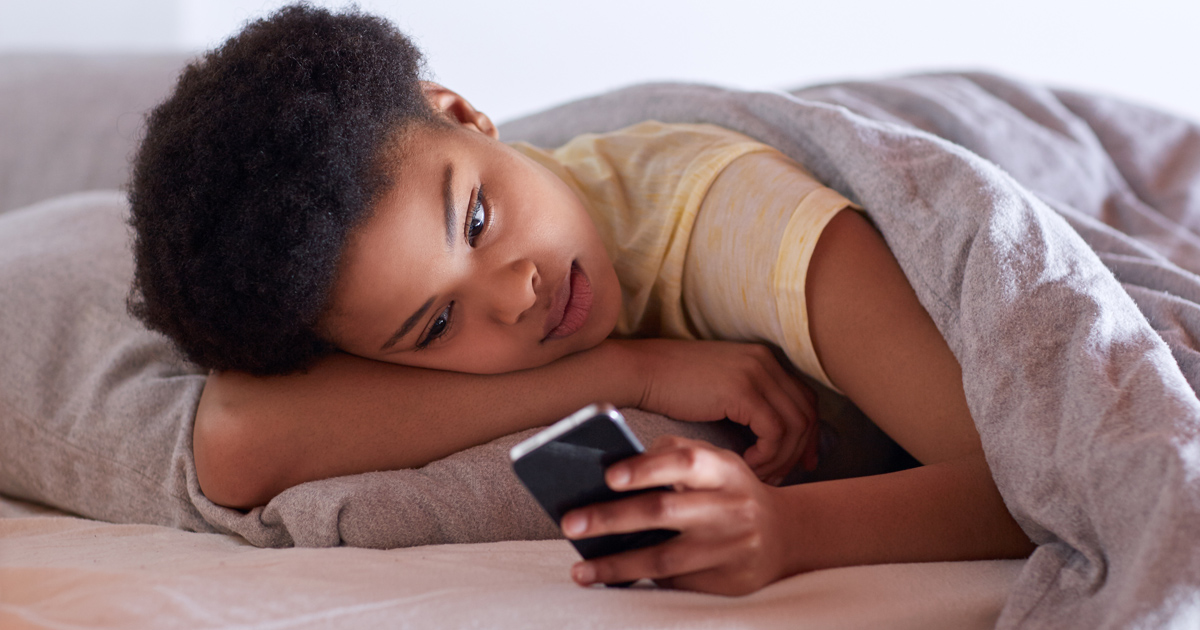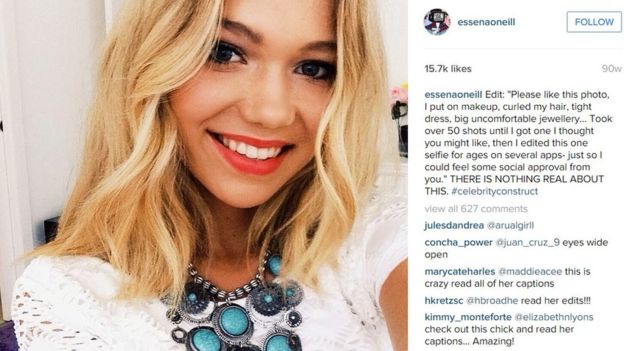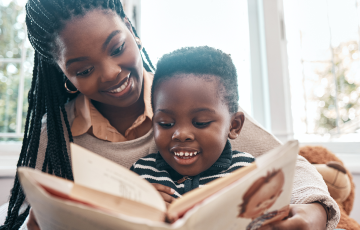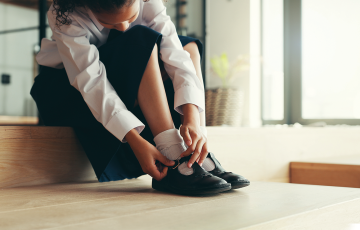How does social media affect your mental health?
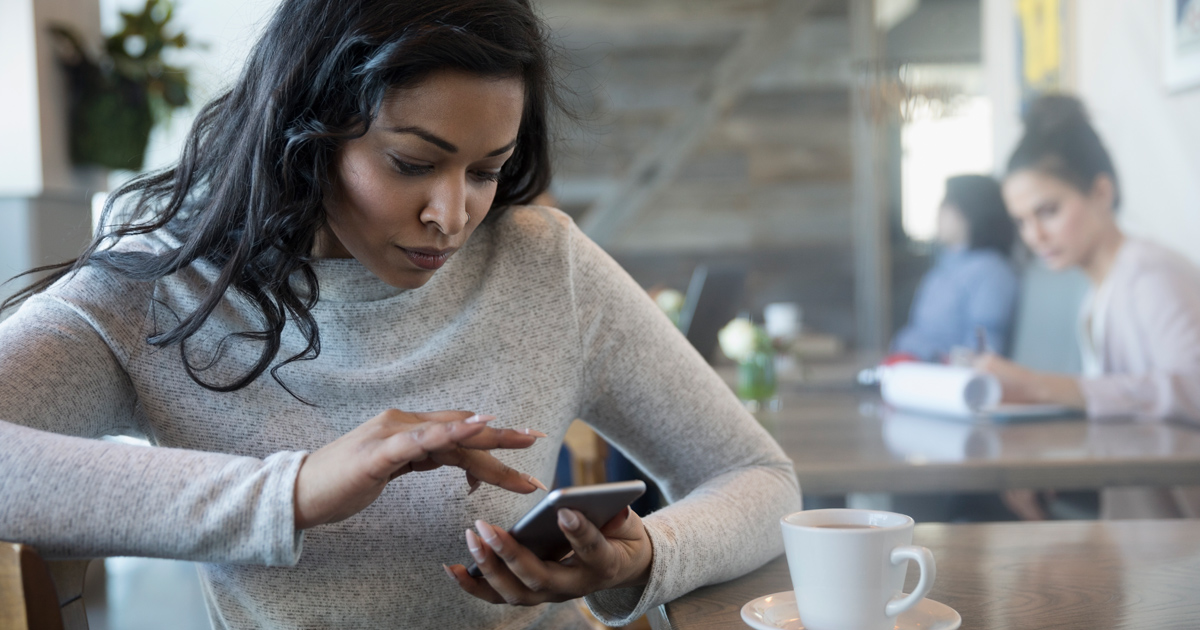
You wake up and the first thing you do is reach for your phone. You’re bored in a queue at the supermarket, so you check Facebook to kill some time. Your phone even goes to the bathroom with you. Scroll, scroll, scroll…
The rise of social media means that we are always connected, no matter what time of day it is or where we are; a connection is just seconds away. While social media has its benefits, studies have shown that using it too frequently can be detrimental to your mental health. Let’s take a look at some of the ways it can impact your wellbeing.
LACK OF SLEEP
We all know how important it is to get a good night’s rest and how bad we feel when we don’t.
Checking your phone before bedtime can cause insomnia, as the blue light from your mobile device can suppress the release of melatonin – the hormone that helps us feel tired.
Some of the symptoms of insomnia:
· Daytime tiredness or sleepiness
· Irritability, depression or anxiety
· Difficulty paying attention and focusing on tasks
· Increased errors or accidents
Scrolling through your social media platforms right before you hit the hay can also make you feel anxious.
Getting worked up with anxiety or envy from what we see on social media keeps the brain on high alert, preventing us from falling asleep.” Dr Bono, author of When Likes Aren’t Enough.
The best way to combat this is to set a strict rule of not going on your phone for at least an hour before going to bed. Most phones have a ‘night mode’ setting, which will change your phone’s screen from blue light to yellow light to assist with the release of melatonin. If your phone doesn’t have this setting, you can download an app for it. Check Google Play or if you have an iPhone, the App Store.
Worried about how much time your teen is spending on social media? Read our Teens and Their Screens article here.
LOW-SELF ESTEEM
Theodore Roosevelt famously said, “Comparison is the thief of joy.” These words ring true in terms of social media too. Think about how often you scroll through your social feeds, coveting other people’s relationships, holidays, the gorgeous clothes they seem to have endless funds for, etc. Social media is designed to be a highlight reel of our lives and we very rarely share our hardships. This can make it very difficult not to draw comparisons between your life and the lives of people you’re following on social media.
A study conducted by The Huffington Post revealed that 60% of people using social media reported that it has impacted their self-esteem in a negative way.
Two ways you can combat this:
1. Rather be inspired by the people you follow. For example, when you see photos of someone’s travels, try to understand how they did it and learn from it.
2. Follow a mix of people. It’s great to follow curated Instagram accounts to stay inspired, but be sure to mix in more authentic profiles too. Celebs like Mome Mahlangu and Olwethu Leshabane have been known to share the highs and the lows on Instagram, while Dr Tumi shares positive affirmations with her Twitter followers.
Hey fam. Remember to never let anyone deter you from Gods calling and purpose for your life. You gonna keep winning. God speed in realizing your dreams. Sending through some mega love to y’all fam. Sleep well.— Dr Tumi (@DrTumisang) April 2, 2019
INCREASED ANXIETY
Social media platforms like Twitter can be a great tool to keep abreast of current news, but it can also make you feel anxious to be confronted with the feelings and opinions of hundreds of people all the time.
Social media also has a slot machine effect, where we feel rewarded when we get notifications on our posts. But what happens when we don’t get those likes? We start wondering if there is something wrong with what we’ve posted. Is it not pretty enough? Was the caption not funny? What are we doing wrong? These thoughts can cause feelings of anxiety and even depression.
Blogger Essana O’Neill made international headlines when she decided to quit social media in 2015 because she felt that her online life was fake, and did not want to live for the validation of her followers anymore. She had 570,00+ followers on Instagram, 250,000+ subscribers on YouTube, 250,000+ on Tumblr and 60,000+ average views on Snapchat at the stage.
THE POSITIVE SIDE OF SOCIAL MEDIA
– It builds communities. Social media can benefit people already dealing with mental health issues by helping them to feel less alone. It can also help to destigmatise mental disorders.
– You can use it to stay in touch with friends all over the world and make new ones. It can help build your self-confidence to be more outgoing and meet people offline too.
– It can be used as a motivational tool to achieve healthy lifestyle goals. When you announce a goal on social media, the positive reinforcement from friends will motivate you to see it through.
– Social media can also inspire creativity. There are so many fun apps for editing photos and videos – you might find yourself with a new hobby!
As with all good things, moderation is the key. If you find that social media is making you feel depressed or anxious, try cutting back on it and speak to someone you trust.
ASK AN EXPERT
JET CLUB MEMBERS HAVE FREE ACCESS TO JET CLUB’S HELPLINES.
For Guidance And Advice From Our Medical Experts Call Personal Health Advisor
SA & Namibia
0800 0045 45
Botswana, Lesotho & Swaziland
+2711 991 8258
Related articles

Latest Jet club magazine
We’ve got the latest trends, exciting prizes and exclusive savings just for you!
Jet Club will not pass your details to anyone else. By clicking the subscribe button you confirm you have read and agree to the Jet Club Terms and conditions and Jet Club Privacy Statement.
Subscribe